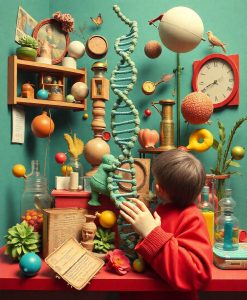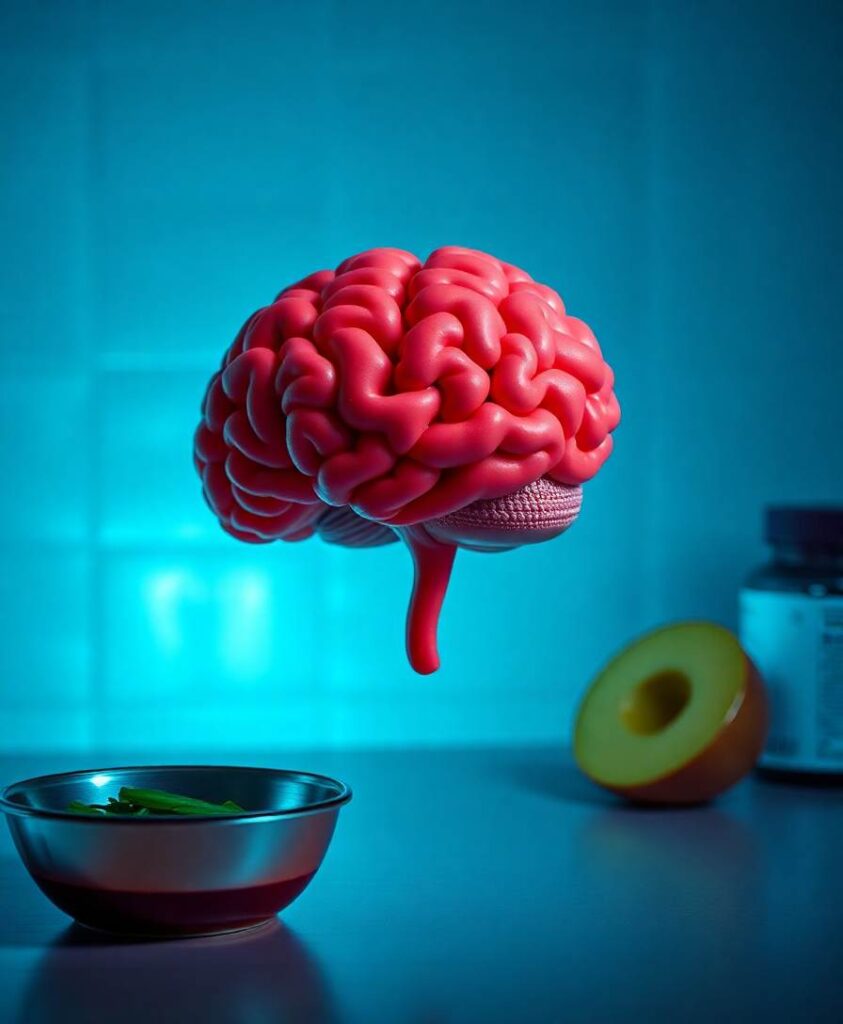When you hold your child close, you might notice how their tiny fingers curl, how their eyes catch the light with curiosity—these sensory details are more than just fleeting moments. They’re part of a larger story about how genes influence development, not just through what a child inherits but also through the subtle ways parents’ own biology shapes their environment and experiences. It’s a quiet, often overlooked influence that influences your child’s journey toward learning and mental well-being, even if their DNA isn’t directly passed down.
The idea that genes play a role in development is familiar—everyone knows about inherited traits, but what about the genetics that aren’t directly inherited? It turns out, parental genes can influence a child’s growth in ways that aren’t about passing on specific genes but about shaping the environment and interactions that foster learning and mental health. Think of it like the atmosphere of a room: the air isn’t just about the walls and furniture but also about the subtle currents that circulate, affecting everyone inside.
This perspective invites us to consider how a parent’s own genetic makeup can influence their behavior, emotional responses, and even the way they support their child’s education and mental health. For example, a parent’s genetic predisposition toward certain traits—like patience, resilience, or social sensitivity—can shape how they nurture their children. These traits aren’t necessarily inherited by the child but can create a supportive environment that encourages positive development.
It’s like a ripple effect: your genes influence your behavior and emotional state, which in turn influence your child’s environment, shaping their opportunities for learning and mental well-being. For those navigating the early stages of their child’s growth, understanding this connection might bring a new layer of compassion and insight. It’s not just about the genes your child inherits but about the whole ecosystem of family interactions influenced by genetics.
In practical terms, this means that a parent’s genetic tendencies—such as their stress response or social inclinations—can subtly affect their child’s development, even if those traits aren’t directly passed down. This realization underscores the importance of nurturing environments, where awareness of these influences can lead to more intentional support for children’s education and mental health.
For parents striving to foster resilience and curiosity in their kids, this research offers a gentle reminder: your own biology and emotional patterns play a part in your child’s growth. It encourages a compassionate view of parenting—one that recognizes the complex web of influences shaping a child’s future. By understanding that genes extend beyond inheritance into the realm of environment and behavior, we open new pathways for nurturing well-being from the inside out.

How Parental Genes Influence Child Development Without Being Inherited
This emerging understanding invites us to reflect on the nuanced ways genetics shape our lives, beyond the straightforward transmission of DNA. It highlights that the environment we create—shaped by our own genetic makeup—can be just as vital as the genes we pass along. Recognizing this can transform how we approach supporting children’s mental health and education, emphasizing the importance of creating nurturing, responsive environments rooted in awareness of these subtle genetic influences.
As we continue to explore the complex dance between genetics and environment, one thing becomes clear: fostering a supportive and mindful home can serve as a powerful foundation for children’s growth, regardless of the specific genes they inherit. Our biology isn’t destiny; it’s part of a larger story of connection, influence, and care that shapes the future of every child.
Learn More: Non-inherited genes affect children’s development
Abstract: Parents’ genes — even when not directly inherited by a child — may play a role in their educational and mental health outcomes, finds a new report.
Link: Read Full Article (External Site)


